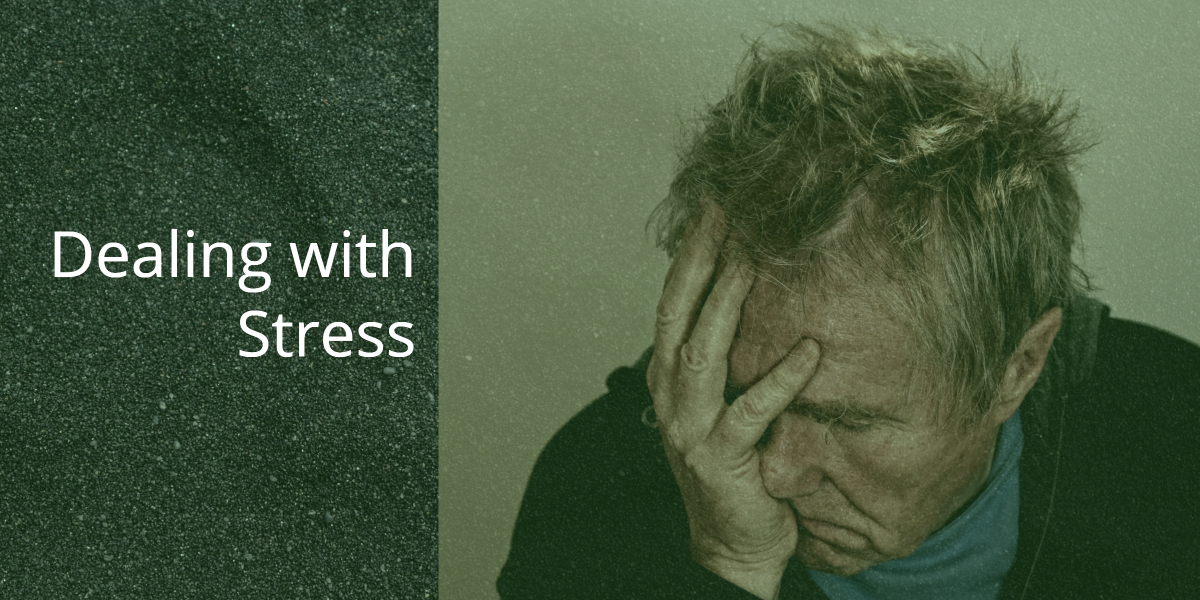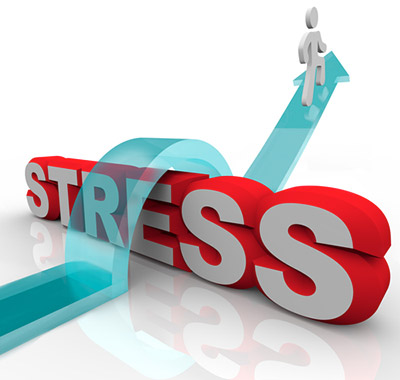
What is Stress
Stress refers to the psychological feeling of being pressurised due to an urgency, fear, or some other reason and then the body’s response to this pressure which could include hormones, metabolism, muscles and memory.
Our bodies were conditioned to get stressed to respond by fight or flight mechanism against perceived threats. A stressful event causes surge in adrenaline and cortisol hormones in the body. They lead to a faster heartbeat to increase blood circulation for quicker response, a faster metabolism to supply energy to muscles, increase our focus on the danger and ready our muscles for movement.
This lifesaving response was only meant to last for a short duration, the time interval of the threat and a little extra for cooling down, and not for sustained problems like relationship issues or job threats. Modern lifestyles and daily stressors can lead to a prolonged arousal, which can have harmful consequences for our body including ailments like depression, anxiety, diabetes, blood pressure.
Common Life Stressors
Clients generally report the following life stressors:
- Death of a relative or friend
- Divorce or Breakup in Relationships
- Loss of a job
- Bullying by co-workers
- Debt or other financial obligations
- Uncertainty of entering into a long term relationship such as marriage
- Moving homes
- Chronic illness or injury
- Emotional issues (depression, anxiety, anger, grief, guilt, low self-esteem)
- Acting as carer of elderly, disabled or sick family member
- Traumatic events, such as a natural disaster, theft, rape, or violence against you or a loved one
Symptoms of Stress
Besides depression, anxiety, diabetes, blood pressure, stress can manifest itself in
- Headaches
- Weight gain
- Sleep loss
- Digestive issues
- Nausea
- Ulcers
- Sweating
- Acne
- Muscle pain
- Cramps
- Fainting
- Heart disease
- Muscle spasms
- Hair loss
- Pain in the back or chest
- Erectile dysfunction and loss of libido
- Reduction in immunity
- Nervous twitches
- Pins and needles
Dealing With Stress

For many of us, dealing with stress can at times be an overwhelming and isolating experience. At Potentialz we help individuals, couples and families experiencing stress in their life to learn positive coping skills to deal with stress. Some of the treatments offered by us include:
Psychological Counselling
Psychological counselling or psychotherapy is one of the preferred treatments for stress. During psychotherapy clients are able to identify the causes of the stressors and then learn strategies to manage them properly and improve their quality of life.
Cognitive Behavioural Therapy (CBT)
CBT is one of the most effective therapies for stress. In CBT sessions, clients learn the connection between cognition and behaviour and this knowledge helps them to recognize negative self-talk and cognitive distortions and modify them with positive thoughts or self-talk, which helps in reducing the level of stress being experienced by the body.
Alterative Options
Besides psychotherapy and CBT, there are other activities that clients can do to deal with stress. Exercise, yoga, massage, meditation, reading a book, going out with friends etc are useful methods to reduce stress and enliven your life. The image below depicts some of mood lifting activities that can also reduce stress.

Some other stress management tips are discussed in this informative video posted by us on YouTube.
Stress Management At Potentialz
Our team is well trained to help you with stress and use APS approved evidence-based therapies to help you cope with stress and improve your quality of life. Please book an appointment with one of our psychologists to start your treatment.

